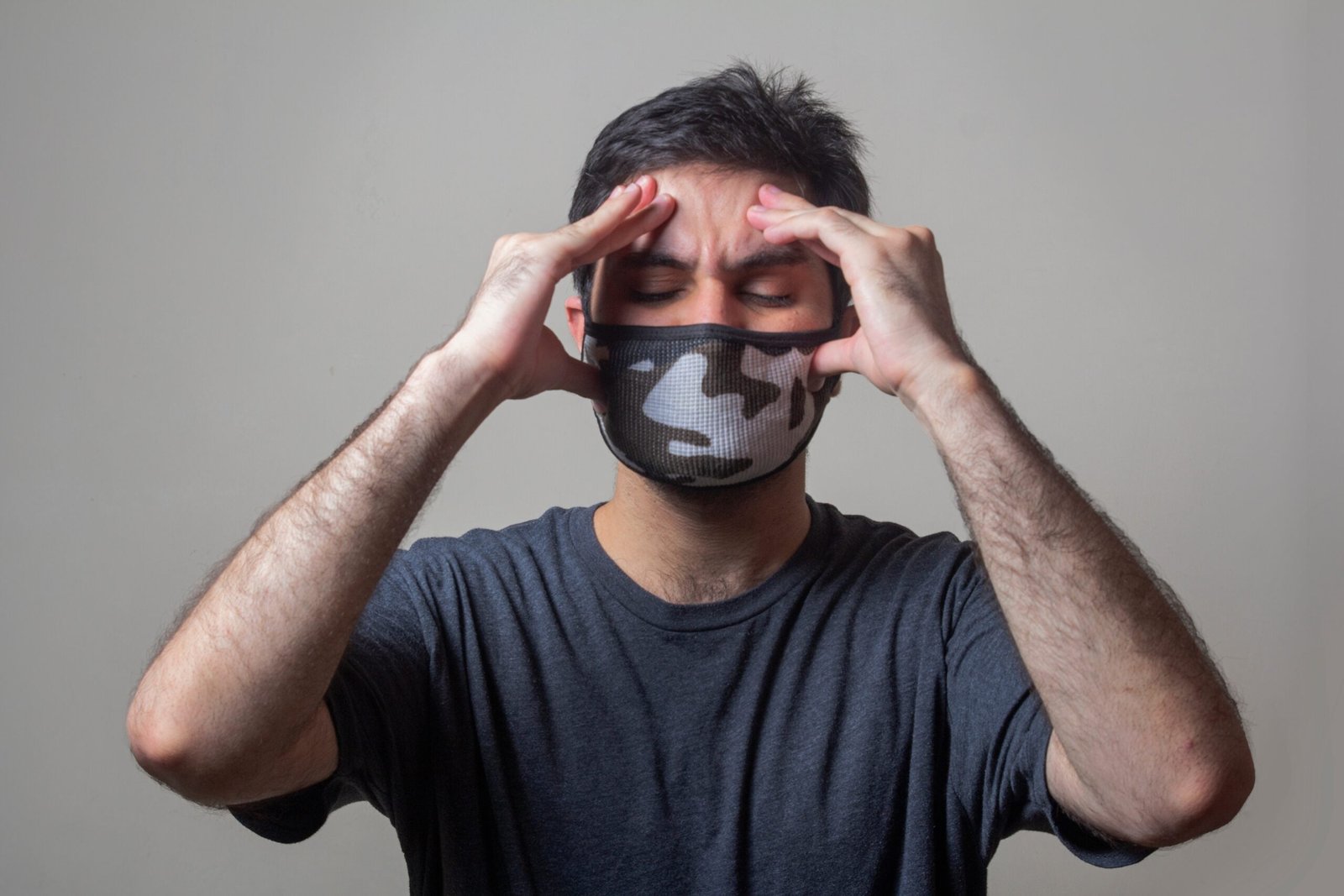Getting sick can be a frustrating experience, especially when it comes with a throbbing headache. Headaches are a common symptom of many illnesses, and understanding why they occur can help us manage and alleviate the discomfort. In this article, we will explore the reasons behind why you get a headache when you’re sick.
1. Inflammation and Sinus Congestion
One of the primary causes of headaches during illness is inflammation and sinus congestion. When you’re sick, your body’s immune response is triggered, leading to inflammation in various parts of your body, including your sinuses. This inflammation can cause pressure to build up, leading to a headache.
Additionally, sinus congestion can restrict the flow of mucus and air, creating a feeling of heaviness in your head. This congestion can also contribute to the development of a headache.
2. Dehydration
When you’re sick, your body often experiences increased fluid loss due to fever, sweating, and a runny nose. This fluid loss can lead to dehydration, which is known to trigger headaches. Dehydration affects the balance of electrolytes in your body and can cause blood vessels in your brain to constrict, resulting in a headache.

3. Changes in Blood Flow
Illnesses such as the flu or common cold can cause changes in blood flow, which can contribute to headaches. When you’re sick, your body releases chemicals that can affect the blood vessels in your brain, leading to dilation or constriction. These changes can result in increased pressure and discomfort, manifesting as a headache.
4. Tension and Stress
Being sick can be physically and emotionally stressful, which can lead to tension headaches. The stress of dealing with illness, combined with the discomfort and disruption it causes, can trigger muscle tension in your neck, shoulders, and scalp. This tension can radiate to your head, resulting in a headache.

5. Medication Side Effects
When you’re sick, you may take various medications to alleviate symptoms or treat the underlying cause. Some medications can have side effects, including headaches. For example, decongestants and pain relievers may cause rebound headaches or contribute to existing ones.
6. Disrupted Sleep
Illness often disrupts your sleep patterns, either due to discomfort, coughing, or nasal congestion. Lack of quality sleep can trigger or worsen headaches. Adequate rest and sleep are essential for your body’s healing process, and when deprived, it can exacerbate headache symptoms.

7. Increased Sensitivity to Light and Sound
During illness, your body may become more sensitive to light and sound. This heightened sensitivity, known as photophobia and phonophobia, respectively, can intensify headache symptoms. Exposure to bright lights or loud noises can trigger or worsen the pain you experience during a headache.
Conclusion
Experiencing a headache when you’re sick is a common occurrence. Inflammation, sinus congestion, dehydration, changes in blood flow, tension and stress, medication side effects, disrupted sleep, and increased sensitivity to light and sound are all factors that can contribute to these headaches.
While it may not always be possible to completely avoid headaches when you’re sick, there are steps you can take to manage and alleviate the discomfort. Staying hydrated, getting adequate rest, managing stress levels, and seeking appropriate medical advice when needed can all help minimize the impact of headaches during illness.
Remember, if your headaches persist, worsen, or are accompanied by other concerning symptoms, it is always advisable to consult a healthcare professional for a proper diagnosis and treatment.


